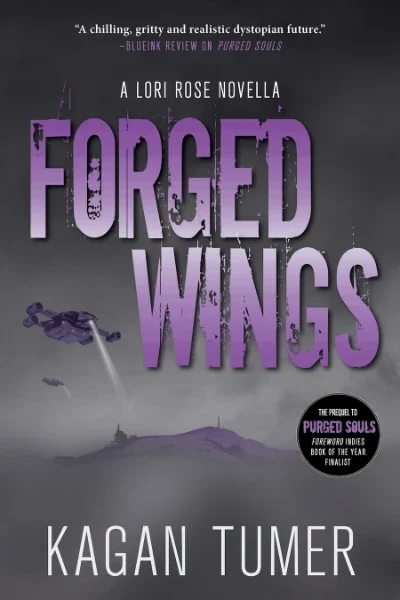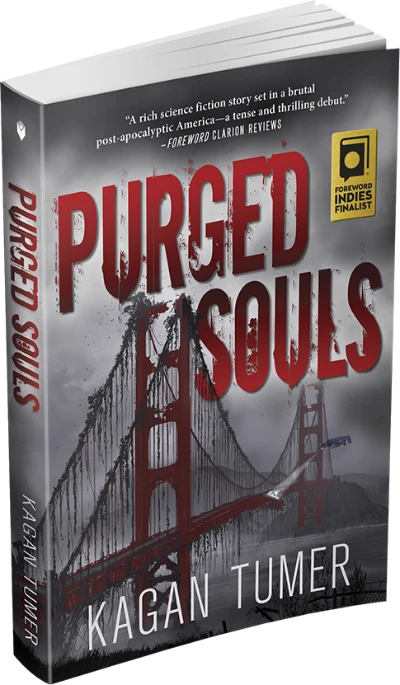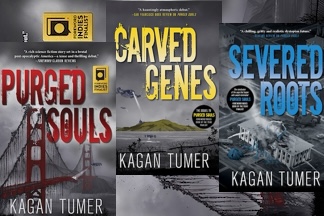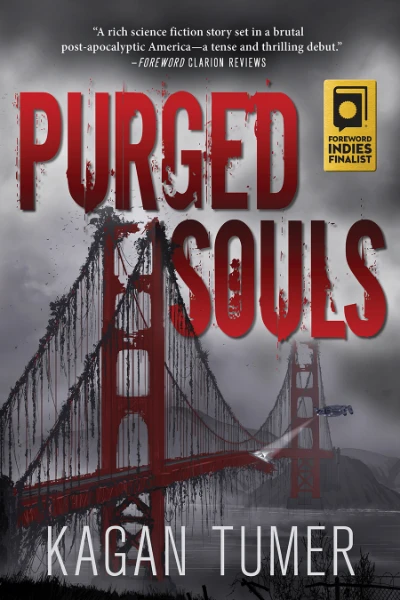Imagine you’re at a dinner party and you hear someone approach an author and ask: “So what’s your book about?”
It’s an innocuous enough question. And no, that person is not trying to get the author. They’re showing interest by asking what they think is a welcome question. In most cases though, the author freezes and rambles on, generating a version of:
“My main character wants to … improve the world, but … well, it’s in the future and … see, there was this virus but now … there’s all these city states … well the main character has questionable morals … in the end she has to make some tough choices.”
Now, you probably feel bad for the author but you’re thinking: there’s no way I’m reading that mess.
After all, that question should have never triggered a meltdown, right? But here’s what most likely went on in that author’s mind:
[Cool, I get to talk about my book. I’ll mention my character’s awesome backstory. Should I mention her name? nah, just tell them what she wants to achieve!] My main character wants to …
[uh oh, I haven’t mentioned the world. She wants to fix the world but they don’t even know it’s broken; let’s pick something benign] improve the world, but …
[crap, they don’t know when this is happening, they have no setting] well, it’s in the future …
[that’s clear as mud. It’s fine, just say post-pandemic; say it!] see, there was this virus but now …
[I shouldn’t have brought up the virus, now they think it’s a zombie movie; distract them by describing the world] there’s all these city states …
[you’re overcomplicating it, they didn’t ask for a geopolitical map of the world, go back to the main character] well, the main character has a questionable past …
[okay, stop talking] well in the end the main character has to make some tough choices.
[congratulations, no one is reading this book!]
Why do you suppose this happens? It’s certainly NOT because the author doesn’t know what their book is about. They have character sketches, background on all the subplots, world building, and themes all spelled out in a million files and in their heads. They can tell you how the power station in Chapter 3 was restored, what baseball team the sidekick’s father supported, and how who bluffs when they play poker, none of which are in the book. But what’s the book about? That stumped them.
See, they could have answered your question in many different ways by focusing on:
- the main character: It’s the story of a colonel who grew up in a violent world and uses questionable means to achieve her goals …
- the setting: It’s set twenty years after a devastating pandemic. City states survive, but a new discovery throws the rebuilding into chaos …
- the instigating incident: The story kicks off when a soldier gets a nasty wound that should have killed her, survives but disappears from the military hospital …
- the conflict between two characters: It’s the story of emerging leaders. Lori wants to restore order, but has few allies left. Amy has to step into a leadership position when her mentor is assassinated. They don’t see eye-to-eye so their interaction creates …
- the genre: It’s a science fiction mystery set in a near future where a virus …
ANY of these would have made for an interesting response. But when you blend ALL of them, you end up with word soup. And that’s the problem: All these ideas live in a high-dimensional matrix in the author’s head and they’re trying to collapse it into sound bites.
Do I have a point? I suppose, and it’s this:
Readers: If you want an excited author, ask a more specific question: “Tell me something about your main character” or “what gets your story going?” or “what kind of world did you create?” That’ll get them going, but fair warning: They may never shut up.
Authors: Pick one option: character, setting, conflict, world, plot and stick to it, no matter how vague the question is. And stop talking after a minute or two. 😀
In the end, there’s no way to summarize a 120,000-word book in a few sentences, and that wasn’t the question in the first place. They want to hear something intriguing about your book, so give it to them!







